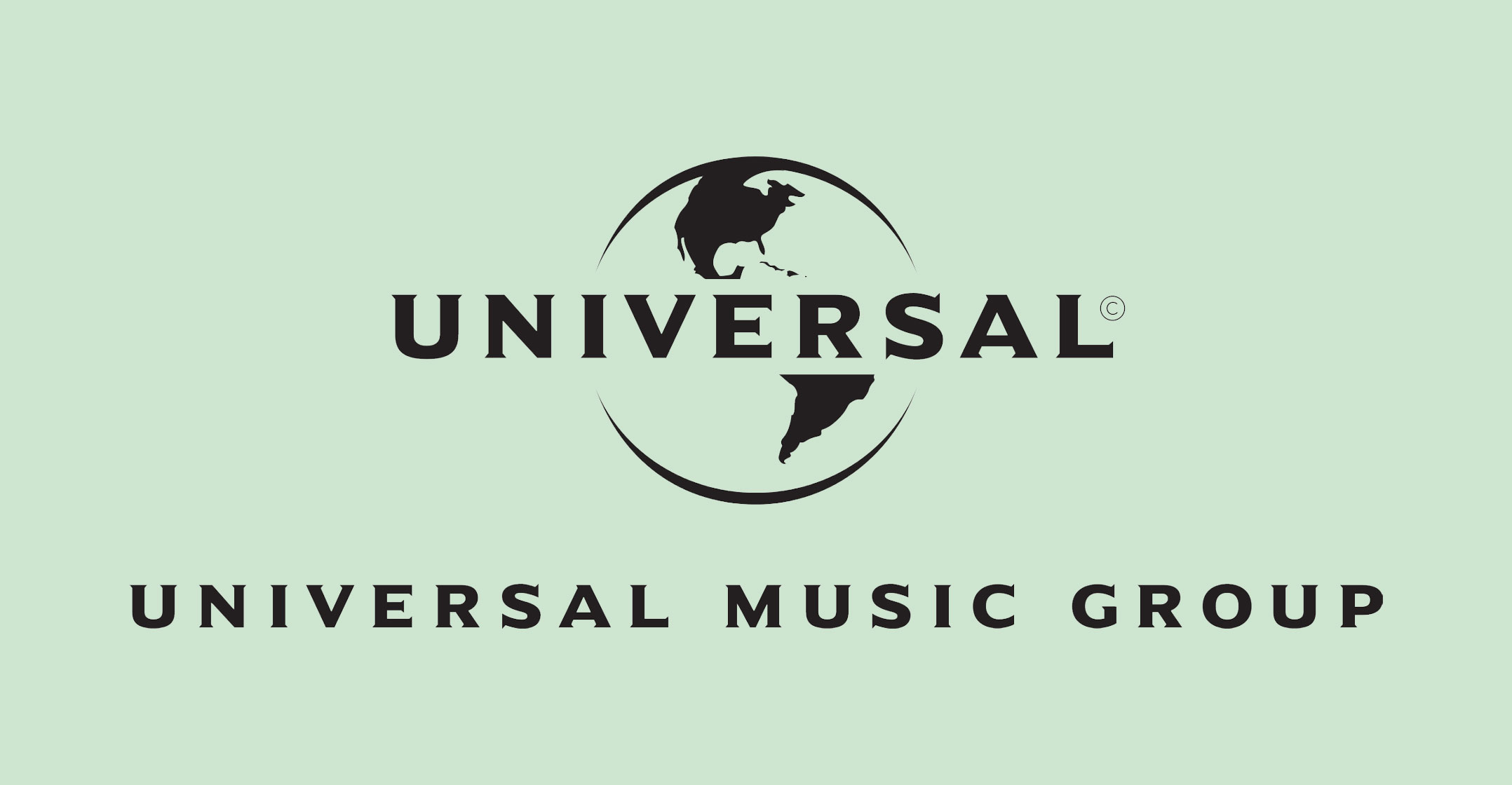 Vivendi is in talks to sell 10% of Universal Music Group to China’s Tencent, helping the world’s biggest music company expand in fast-growing Asian markets. Vivendi shares rose as much as 9%.
Vivendi is in talks to sell 10% of Universal Music Group to China’s Tencent, helping the world’s biggest music company expand in fast-growing Asian markets. Vivendi shares rose as much as 9%.
South African technology group Naspers owns 31.2% of Tencent.
The discussions reinvigorate the French media company’s flagging efforts to find new partners for its most successful business. Vivendi said the talks value Universal Music at €30-billion, and Tencent can decide to double its stake on the same terms within a year.
A surge in subscription music streaming has revived the fortunes of big music labels in Western markets, and Universal Music is now looking for further growth. Vivendi said it’s discussing cooperation with Tencent and wants the Chinese company to promote Universal’s stable of artists — including Drake, Taylor Swift and U2 — and identify talent in new markets.
“Tencent as a partner will boost UMG’s value because of the access it provides in China,” said Vey-Sern Ling, a Bloomberg Intelligence analyst based in Hong Kong. “A purely financial investor — the next buyer — may have to pay more than the €30-billion valuation.”
The French company has struggled to draw interest from private-equity firms: Bloomberg reported in May that Vivendi was targeting strategic buyers including Tencent. The discussions with the Chinese media and technology company are likely to stir interest from other potential partners.
Alarm bells
They could also sound alarm bells in the US, the world’s biggest music market, amid a deepening trade war with China.
Vivendi shares pared earlier gains to trade 6.9% higher at €25.63 at 10.48am in Paris.
Streaming has helped music sales grow at the fastest pace since the 1990s, and Universal Music now contributes around 44% of Vivendi’s revenue, leading analysts to value the business at approximately €33-billion. Universal Music’s sales rose by around 19% in the first half, helped by releases from artists including the 17-year-old singer Billie Eilish and the Japanese band King & Prince.
 Tencent is also big in streaming. Last year, it floated its Tencent Music Entertainment Group, whose growth in China mirrors that of Spotify in the US and Europe. Tencent already works with Universal Music on distribution and marketing in China under a cooperation deal sealed in 2017.
Tencent is also big in streaming. Last year, it floated its Tencent Music Entertainment Group, whose growth in China mirrors that of Spotify in the US and Europe. Tencent already works with Universal Music on distribution and marketing in China under a cooperation deal sealed in 2017.
“Having a toe-hold in Universal would allow Tencent to ensure Universal’s content is always available to TME and even to Spotify, in which Tencent owns a stake,” said Sumeet Singh, an analyst with Singapore-based Aequitas Research.
Universal Music’s growth has helped offset a weaker performance at Vivendi’s other businesses. The company’s market value at Monday’s close was €29.2-billion, less than the music unit’s equity value of €30-billion. Other Vivendi units include Havas, an advertising group, and the broadcaster Canal Plus. — Reported by Thomas Pfeiffer, with assistance from Gaurav Panchal, Stefan Nicola, Zheping Huang and Angelina Rascouet, (c) 2019 Bloomberg LP




